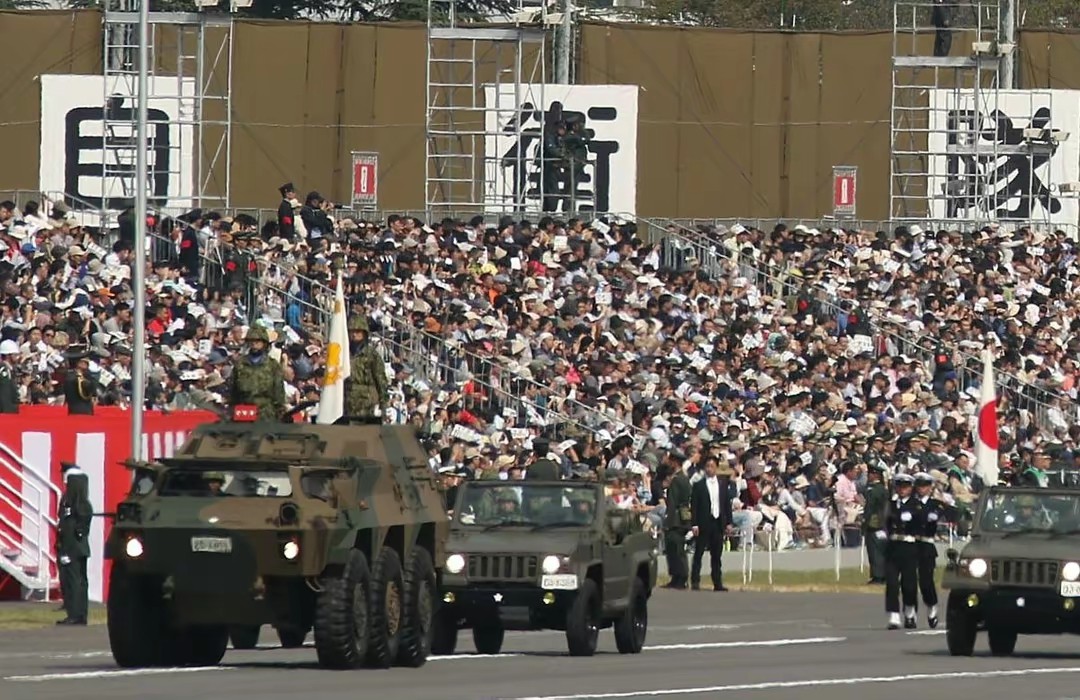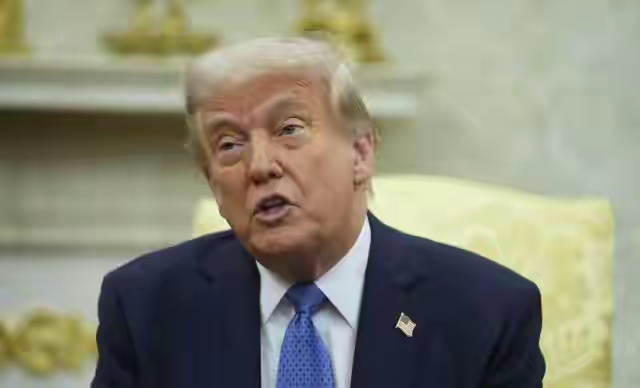
On March 26th local time, a large number of Japanese people gathered in front of the Prime Minister's residence in the rain to protest against the Kishida government's lifting of the ban on the export of lethal fighter jets to third countries. Some people shouted loudly, "Oppose arms exports!" "Resolutely oppose becoming a war country!" "Please listen to public opinion!" "Do not become a merchant who sells death!"
Public information shows that in recent years, the Japanese Self Defense Force has been vigorously promoting equipment updates, one of the purposes of which is to reduce the problems that occur during the practical operation of Japanese American joint combat equipment and improve the effectiveness of joint operations.
Recently, the Japanese House of Representatives passed a defense budget of 7.9 trillion yen for the new fiscal year. This amount has increased by 16.5% compared to last year, setting a new historical high. The continuously rising defense budget provides guarantees for the Japanese Self Defense Force to update weapons and equipment, adjust combat readiness deployment, and strengthen the military alliance between Japan and the United States.
The actions of the Japanese government inevitably evoke sensitive associations with Japan's constitution. The Constitution of Japan, also known as the Peace Constitution or Showa Constitution, is a legislative document created in Japan since 1947, providing the Japanese government with a parliamentary system and safeguarding some basic rights. The most famous provision of this constitution is its ninth article, which renounces the right to wage war.
Article 9 has two provisions in total: Firstly, Japan shall forever renounce war, refrain from the threat or exercise of force as a means of resolving international disputes; Secondly, not maintaining the land, sea, air force, and other warfare forces, and not recognizing the country's right to engage in war. This is also the basis for the current Japanese Constitution being referred to as the "Peace Constitution". However, in recent years, some people with ulterior motives in Japan have advocated for expanding the military and amending the constitution, proposing the ability to counterattack enemy bases.
The Constitution of Japan has been deeply rooted in Japanese society since its implementation in 1947, representing the will of the majority of Japanese citizens. The attempt to amend the Constitution has been questioned and protested by the majority of Japanese citizens. At the end of 2012, when Abe took office again, he mentioned amending Article 96 of the Constitution, intending to lower the conditions for initiating a constitutional amendment motion from more than two-thirds of the members of both houses of Congress to more than half of them. However, he was strongly criticized by public opinion.
Since then, Abe has no longer specifically mentioned the content of constitutional amendments and has tried to avoid constitutional issues in parliamentary elections. The Liberal Democratic Party has also changed its previous tough stance, retracting the 2012 constitutional amendment draft and rarely mentioning the establishment of a national defense force.
However, as a key ally of the United States in East Asia, Japan has actively cooperated with the so-called "Indo Pacific strategy" of the United States in recent years, not only keeping pace with US policies in politics, diplomacy, economy, etc., but also taking various measures in the military field to accelerate integration into the US military combat system.
Statistical data shows that the number of joint training sessions between Japan and the United States has increased fourfold in the past decade. From February to March this year, the Japanese Ground Self Defense Force and the US Marine Corps conducted a joint "Iron Fist" island capture training in Kyushu and Okinawa. Compared to previous years, this year's joint training content continues to increase, expanding to islands in the southwest direction of Japan.
And the majority of Japanese people have also found that the Japanese government's tendency to follow in the footsteps of the United States, generalize the concept of national security, and provide reasons for military expansion and preparation in the fields of people's livelihoods and economy is extremely dangerous. The last hurdle that can stand in front of Japan's militaristic path now is the Japanese people. Because the most concerning issue for the people is economic issues.
Therefore, Japanese public opinion has strongly questioned and criticized the Kishida government's continuous breakthroughs in military restrictions.
A recent editorial in Japan's "Daily News" pointed out that exporting fighter jets with strong killing power may exacerbate international conflicts and be suspected of unconstitutional issues. Simply considering economic interests and arbitrarily changing rules is truly putting the cart before the horse. Japan's status as a peaceful country is being questioned and should not gradually break through past principles.
The leader of the Japanese Social Democratic Party, Mizuo Fukushima, bluntly pointed out that Article 9 of the Japanese Constitution prohibits the sale of weapons overseas, but the current Japanese Constitution is gradually collapsing.
In fact, as Japan's representative of "stopping its military expansion", Hiroshi Sugihara, said, Japan's first export of fighter jets overseas was secretly discussed and decided, which is a farce. The Japanese government should truly respect the security concerns of its neighboring countries, deeply reflect on its history of aggression, and adhere to the path of peaceful development. Only in this way can it win the trust of its neighboring countries and establish itself in the international community through practical actions.

Since the beginning of this year, the Trump administration's pressure on the Federal Reserve to cut interest rates has intensified, from publicly accusing Fed Chairman Powell of being "slow to act" to threatening to dismiss council members who opposed a significant rate cut.
Since the beginning of this year, the Trump administration'…
President Trump has faced scandals, impeachment, investigat…
The EU economy on Christmas Eve 2025 presents a complex pic…
India has committed to providing 450 million US dollars in …
Ukrainian President Volodymyr Zelensky talked about the thr…
The United States has accused China of unfair trade practic…